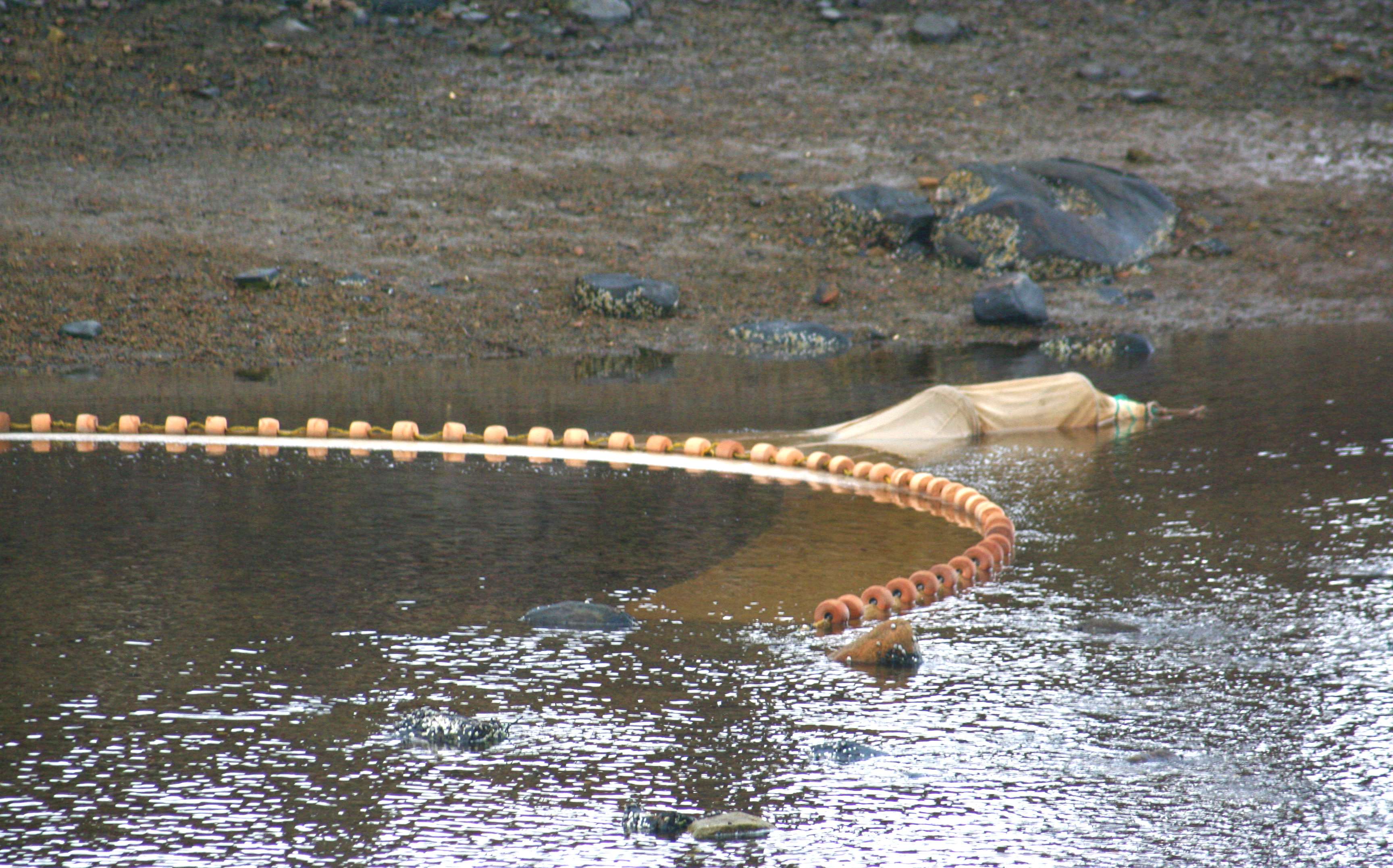
Out of 2,600 applicants, 13 Mainers get licenses for elver harvesting this season
 FILE PHOTO / DAVID CLOUGH
The value of elvers, used to grow market-size eels, dropped in 2024.
FILE PHOTO / DAVID CLOUGH
The value of elvers, used to grow market-size eels, dropped in 2024.
Spring’s arrival will mean the reappearance of tiny baby eels in Maine’s estuaries — and of intrepid fishermen up before dawn hoping to net allowable quotas for excellent prices.
The baby eels are called “elvers” and they’ve been drifting northward since late winter from the Sargasso Sea, a region of the western Atlantic Ocean, south of Bermuda, where they were born. Their mission is to make it safely to inland waters and grow into adult eels.
At noon on March 22, a short harvest season will open that allows 425 Maine-based fishermen to net small amounts of elvers, most of which will be sold to Far East markets, where elvers are cultured and reared to adult size for the food fish market.
With elvers selling for $1,800 per pound in 2021, licenses are highly coveted, and fishermen hang onto them.
That’s why, when the Maine Department of Marine Resources opened a lottery for 13 licenses that became earlier this year, there were over 2,600 applicants.
In fact, there were far more applications than that. Each individual was allowed to submit up to five applications at a cost of $35 per application, so the department received 8,143 applications.
High value
Elvers are the most valuable marine resource in terms of price per pound. Demand began taking off in the early 1990s. In 2015, their per-pound value was over $2,000. The price per pound peaked in 2018, at $2,366, according to DMR data.
In 2020, the price plummeted to $525 a pound. But its rebound in 2021 kept the specialized fishery on the radar for lottery hopefuls.
The lottery, authorized by the Legislature in 2017, is available to Maine residents who are at least 15 years of age by the start of the 2022 season, and who are eligible to purchase an elver license in 2022 because they have not had their right to obtain an elver license suspended.
The Legislature also set a cap of 425 state-issued licenses. The 13 available licenses were the result of licenses that were not renewed in 2020 and 2021.
As in previous lotteries, each new license holder will receive a minimum of 4 pounds of quota, which is made available from individual quota associated with licenses that were not renewed. The quota for the 2022 season, established by the Atlantic States Marine Fisheries Commission, is 9,688 pounds.
License holders will each be authorized to choose either a dip net or fine-mesh fyke nets — a funnel shaped net — for harvesting.

Twenty-five dollars of each application will be deposited into the department’s Eel and Elver Management Fund, which is used to support research, management, administration and enforcement of Maine’s eel and elver fisheries.
The remaining $10 of each application will be used to support administration of the lottery. The total revenue generated by the lottery was $284,970.
The department has notified the winners, who have 30 days to apply for a license. The March 22 season opening is slated for noon and goes until noon on June 7.
Regulators began setting a quota on the fishery in 2014, in response to overfishing.










0 Comments